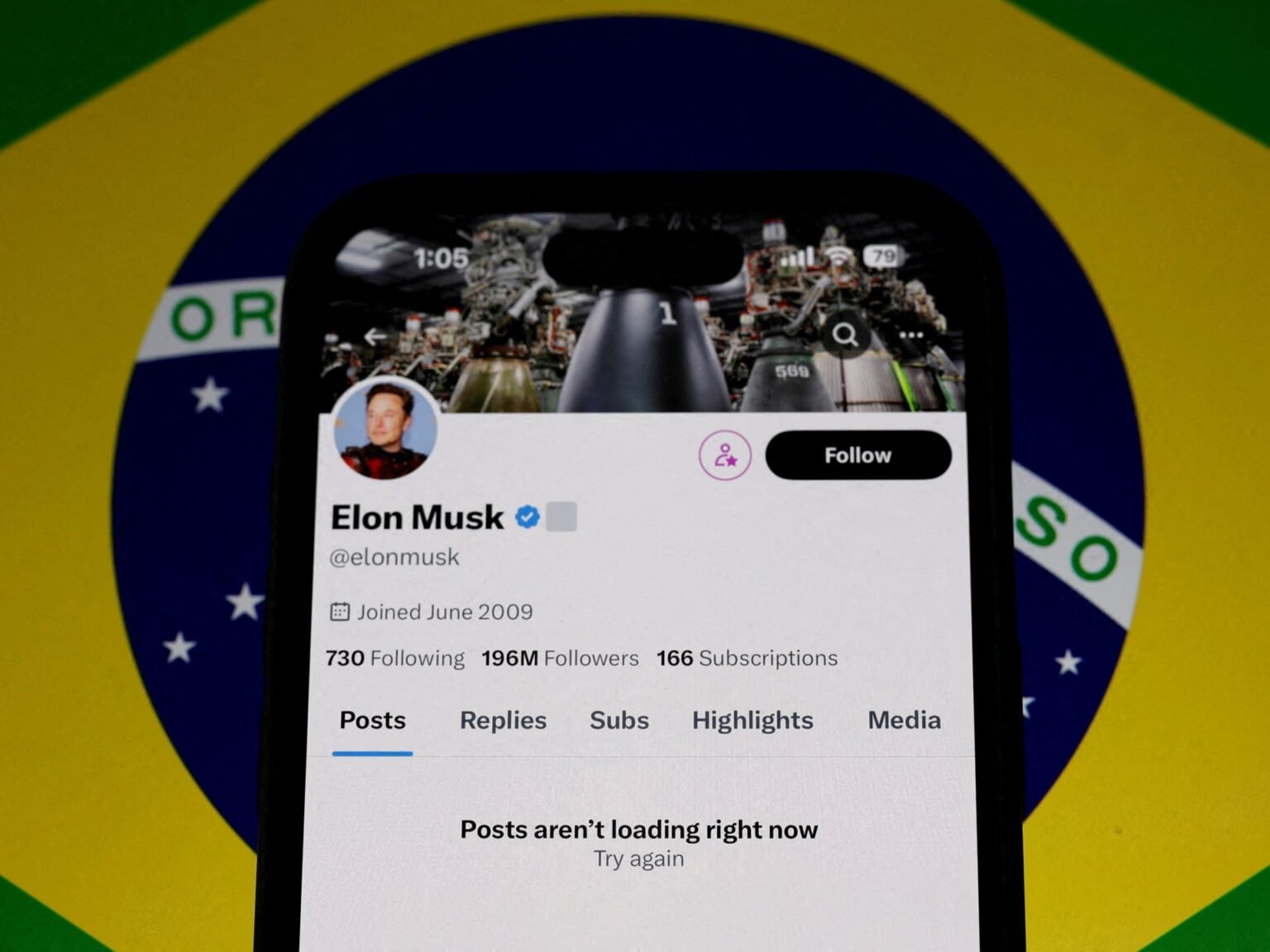The ongoing feud between South African billionaire Elon Musk and Brazilian Supreme Court Justice Alexandre de Moraes has shed light on the dangers of tech leaders who believe they are above the law. The conflict, sparked by Moraes’ attempts to regulate harmful content on social media, has exposed Musk’s hypocritical stance on free speech and his alignment with the global far-right movement. Despite Musk’s attempts to portray Moraes as a dictator, the judiciary’s actions have been lawful and aimed at protecting Brazilian democracy from threats like the violent coup attempt led by supporters of former President Jair Bolsonaro.
Musk’s release of confidential communications from Moraes and his refusal to comply with Brazilian law have escalated the conflict, resulting in the suspension of X’s operations in Brazil. While this ban has inconvenienced millions of Brazilian users, the issue goes beyond access to a social media platform. It represents a multinational company’s attempt to override a nation’s laws and government under the guise of defending freedom of speech. Musk’s actions reflect the dangers posed by billionaire tech leaders who believe they can dictate the rules of democracy and law enforcement in foreign countries.
While criticism of Justice Moraes and the Brazilian Supreme Court is valid and necessary for a healthy democracy, Musk’s coordinated campaign to discredit the judiciary’s investigations and undermine its authority sets a dangerous precedent. The billionaire’s collaboration with the Brazilian far-right movement, which seeks to paint itself as a victim of persecution, highlights the threat to democracy posed by unchecked foreign influence in a nation’s legal system. Musk’s attempts to circumvent the X ban in Brazil further demonstrate his disregard for the country’s laws and institutions.
As the conflict between Musk and Moraes continues, the future of X in Brazil remains uncertain. The Supreme Court’s response to Musk’s latest attempts to bypass the ban will determine whether the tech mogul can maintain a presence in the country. What is clear is that the situation in Brazil is not simply a disagreement over free speech, but a deliberate attempt by a foreign billionaire with far-right ties to assert dominance over a democratic state’s judiciary. This attack on Brazilian democracy should be viewed as a serious threat and warrants attention to protect the nation’s sovereignty and rule of law.
In conclusion, the conflict between Elon Musk and Justice Alexandre de Moraes in Brazil underscores the need to be vigilant against tech leaders who seek to undermine democracy for their own interests. Musk’s attempts to defy Brazilian law and discredit the judiciary highlight the dangers of unchecked foreign influence in a nation’s legal system. The situation in Brazil serves as a warning of the threats posed by billionaire tech leaders with far-right ties and the importance of defending democracy against such attacks. It is crucial to uphold the rule of law and protect the sovereignty of democratic states from external interference.











